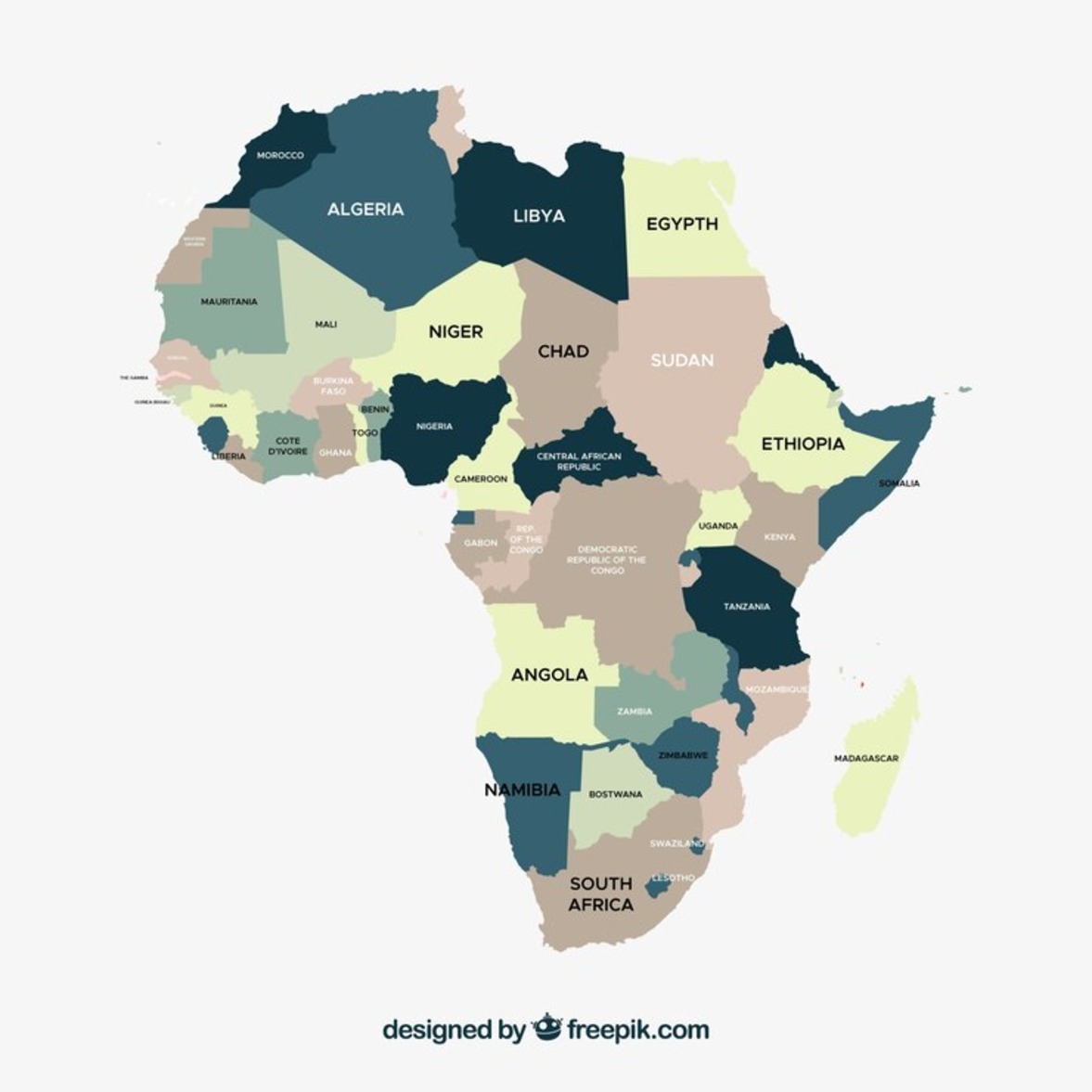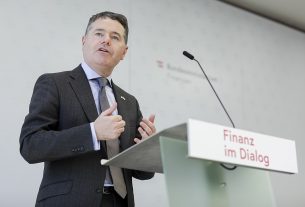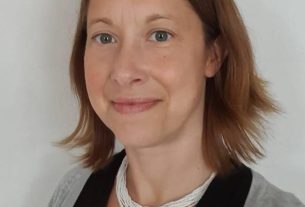On December 18, 2024, Libya’s political factions made a significant stride toward resolving the country’s ongoing political crisis. Representatives from the House of Representatives and the High Council of State announced a preliminary agreement to form a unified government, marking an important step in the long-running conflict between rival administrations. The agreement was disclosed by Sara Al-Sweih, a member of the House of Representatives, during a press briefing in Bouznika, Morocco, where the meetings took place.
Key Details of the Agreement
The discussions, which began on December 18 and are expected to conclude on December 19, focused on laying the groundwork for a unified governance structure. One of the core elements of the agreement involves the creation of a joint committee tasked with revisiting the criteria for sovereign appointments in the government. The committee will also work on establishing a transparent application process and a fair selection mechanism for key positions. This marks a pivotal move toward reducing political fragmentation and restoring stability in the war-torn country.
The decision to form a joint committee is a critical component of the broader effort to resolve political disputes that have resulted in the existence of two rival administrations: one based in the east, led by Osama Hamad, appointed by the House of Representatives in 2022, and the other, the UN-recognized Government of National Unity, led by Abdul Hamid Dbeibah, operating from Tripoli in the west.
A Longstanding Diplomatic Effort
This agreement builds on a series of diplomatic efforts aimed at reconciling the two factions. Morocco has been a key mediator in these negotiations, hosting multiple rounds of talks over the past few years. In January 2021, these discussions resulted in an agreement on the allocation of sovereign positions, which was intended to foster political stability. Since then, Morocco has remained a critical venue for discussions on Libya’s electoral laws and other sensitive issues.
Further support for this process has come from the United Nations, with the UN Support Mission in Libya (UNSMIL) playing an active role. On December 15, 2024, Stephanie Koury, the deputy head of UNSMIL, announced the formation of a technical committee comprising Libyan experts. This committee’s role is to prioritize the necessary steps for forming a government that enjoys broad consensus across the country, a crucial part of the transition to elections.
Path Toward Elections
The ultimate goal of these discussions is to pave the way for presidential and parliamentary elections that would resolve the political deadlock between the two rival governments. The country has been grappling with instability and conflict since the fall of Muammar Gaddafi in 2011, with rival factions competing for control and foreign interventions complicating efforts toward unity.
A unified government could provide the political framework necessary to hold elections, offering a pathway out of the current deadlock. The success of this agreement hinges on continued cooperation between the rival factions and the establishment of transparent processes for governance, which will be essential for ensuring public trust and support.
Conclusion
The agreement between Libya’s parliament and the High Council of State marks a crucial step in the long journey toward a unified government and democratic elections. While challenges remain, particularly in terms of finalizing the details of sovereign appointments and reaching a consensus on key issues, this development offers hope for resolving the political impasse that has left Libya divided for years. As the country moves forward with these negotiations, the international community, including the UN and Morocco, will continue to play a vital role in facilitating dialogue and supporting the implementation of the agreement.
Picture by Freepik



